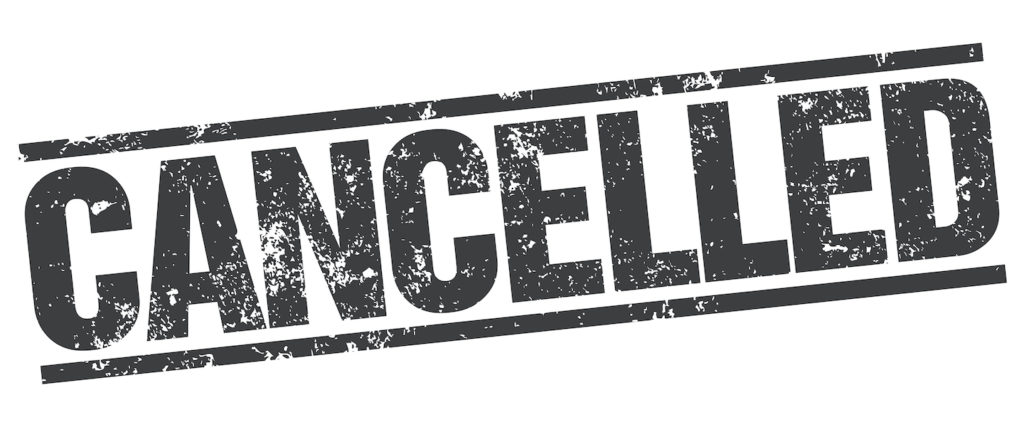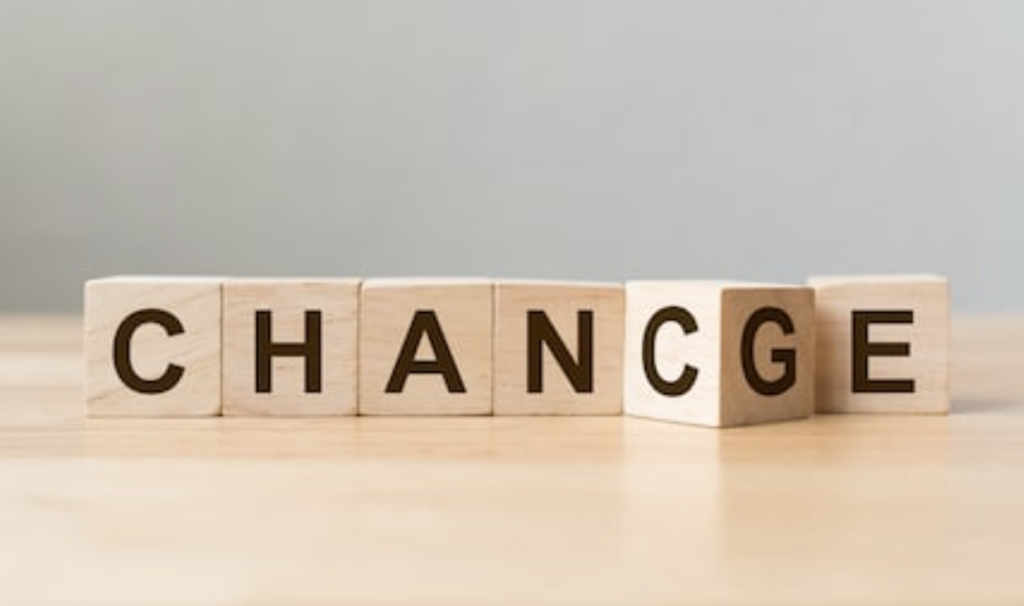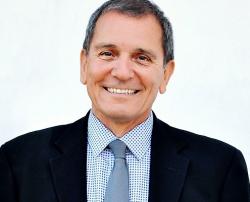A Letter From Jim Madrid: Take Change By the Hand
In the midst of all the game-changing cancellations and massive disruptions in soccer caused by COVID 19, ultimately how we handle all these interruptions is up to us. As our normal daily schedules are canceled, along with our beloved soccer game all across the globe, and how we deal with change can make this less challenging.
The winds of change are blowing across the planet like a tornado, shaking up the status quo.
This is a change of unprecedented scope and incredible speed, happening everywhere in the industrialized world and now driven in part by the COVID-19 virus.
NEW: Jim Madrid is Hosting a FREE Webinar for the Soccer Community – REGISTER NOW
FREE: OPEN TO FIRST 100 PARTICIPANTS

“Start by doing what’s necessary; then do what’s possible, and suddenly you are doing the impossible.”
-Francis of Assisi
In my opinion, this is shaking up our world worse than the events of 9/11 and the financial crisis of 2008.

No matter who you are, this change is all around you. At the stores, schools, church, work, airports, restaurants, sports, every aspect of our lives has and is changing, rapidly. There is a heightened sense of fear of the unknown and uncertainty of this virus.
Read: CORONAVIRUS COVID-19 IMPACTING SOCCER
It’s not surprising that so many people feel threatened by this tidal wave of change.
It’s never happened before.
We aren’t equipped to deal with it. It makes us nervous, irritable and even panicky. There’s nothing in our experience that we can draw from guidance.

We’re not sure whether it’s going to help us or hurt us; we can’t quite understand how to control it. No wonder so many people bury their heads in the sand and try to ignore it. Or decide it’s a destructive force and try to fight it. Or they adjust when they absolutely have to, but still, others spend a lot of time reminiscing about the “good old days.” Sure, change can be stressful, and rapid, radical change can be devastating.
Read: JIM MADRID on VIRUS PROTECTION FOR YOUR MIND
But the message of the first principle of our signature curriculum, The Ten Principles of Entelechy, TAKE CHANGE BY THE HAND, is that it doesn’t have to be that way. In this principle, we discuss Dr. Elisabeth Kübler-Ross‘s five emotional responses that usually accompany significant change: denial, anger, bargaining, depression, and acceptance.
This principle, you’ll learn techniques that allow you to minimize the “down” time associated with the first four responses and advance quickly to acceptance, the response that allows you to move on and grow.
This is important, because, like it or not, all of us are going to be dealing with change for the rest of our lives. It’s not going to slow down, stop or go away, no matter how much those who fear and resist it hope so. In fact, it’s going to speed up. How do you honestly feel about this? Go ahead and take this one-question pop quiz:
❐ This is good news ❐ This is bad news
There are no wrong or right answers because whichever box you checked, you’re absolutely right!
Change, if you look at it by itself, is neither good nor bad.
It’s not unsettling or comforting, stressful or stimulating, fearful or fascinating. It’s simply different.
Whether the change is a good thing or not for you personally ―whether it’s exciting or overwhelming, an obstacle or an opportunity― depends on one thing only: your reaction to it.
In other words, what change means to you depends on the way you think about it.

It’s your attitude, beliefs, and expectations that determine the role change plays in your life and whether it works for or against you. Some people think their attitudes, beliefs, and expectations are as much a permanent part of who they are as the color of their eyes. Fortunately, that’s not true. Beliefs, attitudes, and expectations are no more fixed or permanent than the way you wear your hair or what you eat for breakfast.
You acquired your belief system as you grew up; it took years.
You learned to think the way you do and believe what you believe. That’s actually a fortunate thing because what is learned can be unlearned ― if you choose to do it.
Many of the beliefs that cause your behavior today are a result of things you learned in the past from other people ―most often parents― based on their own personal opinions and experiences. These people were authority figures to you and, because you were a child, you accepted what they told you. You accepted their beliefs as if they were the truth, and you took on many of them as your own, without question.
Now that you’re an adult and can think for yourself, it’s important to take a close look at your beliefs. Some may be helping you be happy, build a successful career and enjoy harmonious relationships; but some may be causing trouble. Some may be helping you deal with a rapidly changing world, but some may be stopping you from using your vast potential. Some may be helping you turn stumbling blocks into springboards to success, but some may be doing more harm than good.
Are you willing to take a good look at your beliefs, while keeping an open mind? If so, you’ll discover some fascinating things about yourself. In fact, what you’ll see when you examine your beliefs is an outline of your life.
For example, if you believe that life is a struggle, you’ll spend a lot of your time struggling with one thing or person after another. If you believe that money is hard to come by, you’ll have trouble making and/or keeping much of it.
If you believe that people are basically good and trustworthy, you’ll find plenty of evidence to support that belief; you’ll probably have lots of friends.

And if you believe that this too shall pass, you will begin to find the silver lining in all of this massive change that is happening to all of us today.
You see, there’s simply no way you can live a life that is different from your core beliefs about life. You simply can’t have relationships, a career or even physical health that is different from your deepest beliefs about who you are and how these things work.
In this changing time, we must think differently, if not these will not be changing times for you, they will be challenging times for you.
We will get through this!
All the best,
JIM Madrid





